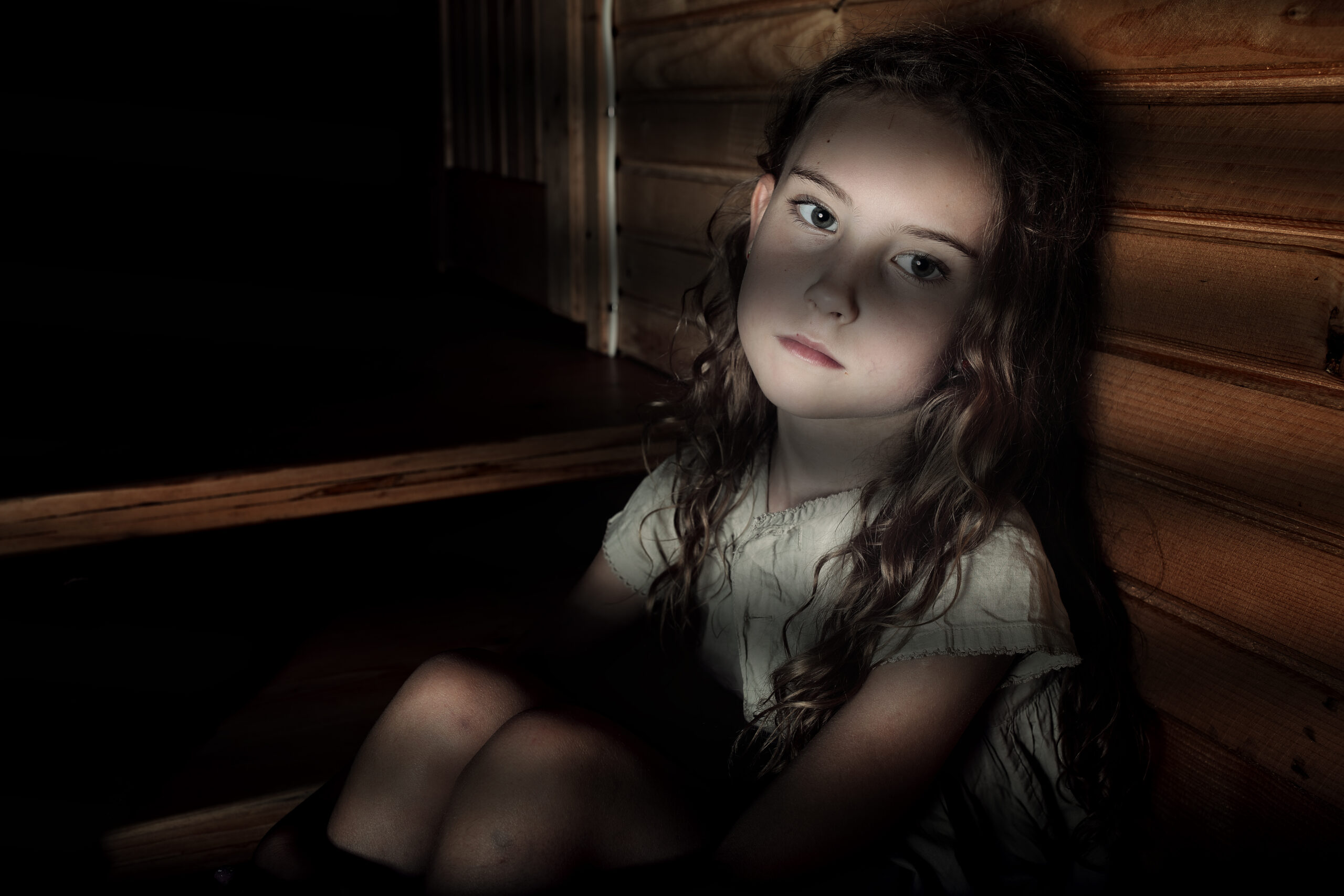The Centers for Disease Control and Prevention (CDC), describes trauma as “an event, or series of events, that causes moderate to severe stress reactions…[that are] characterized by a sense of horror, helplessness, serious injury, or the threat of serious injury or death.” Trauma is subjective, as every individual is different, and an experience that one individual may perceive to be traumatic, another individual may not. The Boston Children’s Hospital conducted a study that found sixty-one percent of young people (age 13 to 17) had been exposed to at least one traumatic event in their lifetime, and nineteen percent had experienced three or more traumatic events in their lifetime.
According to the National Institute of Mental Health (NIMH), childhood trauma is defined as “the experience of an event by a child that is emotionally painful or distressful, which often results in lasting mental and physical effects.” Childhood trauma can be caused by ongoing stress (e.g., bullying, domestic violence, childhood neglect, etc.), one-time events (e.g., a violent attack, an accident, sudden injury, etc.), or life-changing events (e.g., sudden death of a loved one). Any experience that threatens a child’s sense of security and leaves a young person feeling overwhelmed and isolated can be traumatic. When these experiences go unaddressed or ignored, they have the propensity to inform adolescent behaviors as well as the way in which a person matures and subsequently behaves in adulthood. Untreated childhood trauma often causes individuals to struggle with interpersonal problems, have trouble managing their emotions, and exhibit impulsive behavior.
Dialectical Behavior Therapy
Dialectical behavior therapy (DBT) was developed by Marsha M. Linehan in the late 1980s as a means to more effectively treat chronically suicidal individuals diagnosed with borderline personality disorder (BPD). It is an evidence-based psychotherapy that combines techniques from western cognitive behavioral therapy (CBT), psycho-educational modules, and eastern mindfulness-based practices to foster the systematic learning of new emotional coping skills. DBT can be effective for individuals of all ages, and although it was originally developed to treat individuals diagnosed with borderline personality disorder, evidence has shown it to be a successful treatment method for individuals struggling with other mental health conditions, including childhood trauma.
The therapeutic approach consists of three different therapy settings, including weekly individual psychotherapy sessions, weekly DBT skills training group therapy sessions, and as-needed phone coaching to provide additional support between weekly individual and weekly group sessions. DBT focuses on providing therapeutic skills in four areas, known as the four behavioral skill modules, that make up the pillars of DBT, which are core mindfulness (focusing skills), distress tolerance (crisis survival skills), emotion regulation (de-escalation skills), and interpersonal effectiveness (social/ relationship skills). Each module emphasizes distinct and specific skills that build upon each other and are integral to one’s healing process. DBT can be helpful in treating childhood trauma as it teaches applicable social and emotional skills, healthy coping mechanisms, and useful mindfulness techniques to empower an individual to effectively cope with stress, live in the moment, regulate emotions, and improve relationships with others.
The information above is provided for the use of informational purposes only. The above content is not to be substituted for professional advice, diagnosis, or treatment, as in no way is it intended as an attempt to practice medicine, give specific medical advice, including, without limitation, advice concerning the topic of mental health. As such, please do not use any material provided above to disregard professional advice or delay seeking treatment.


